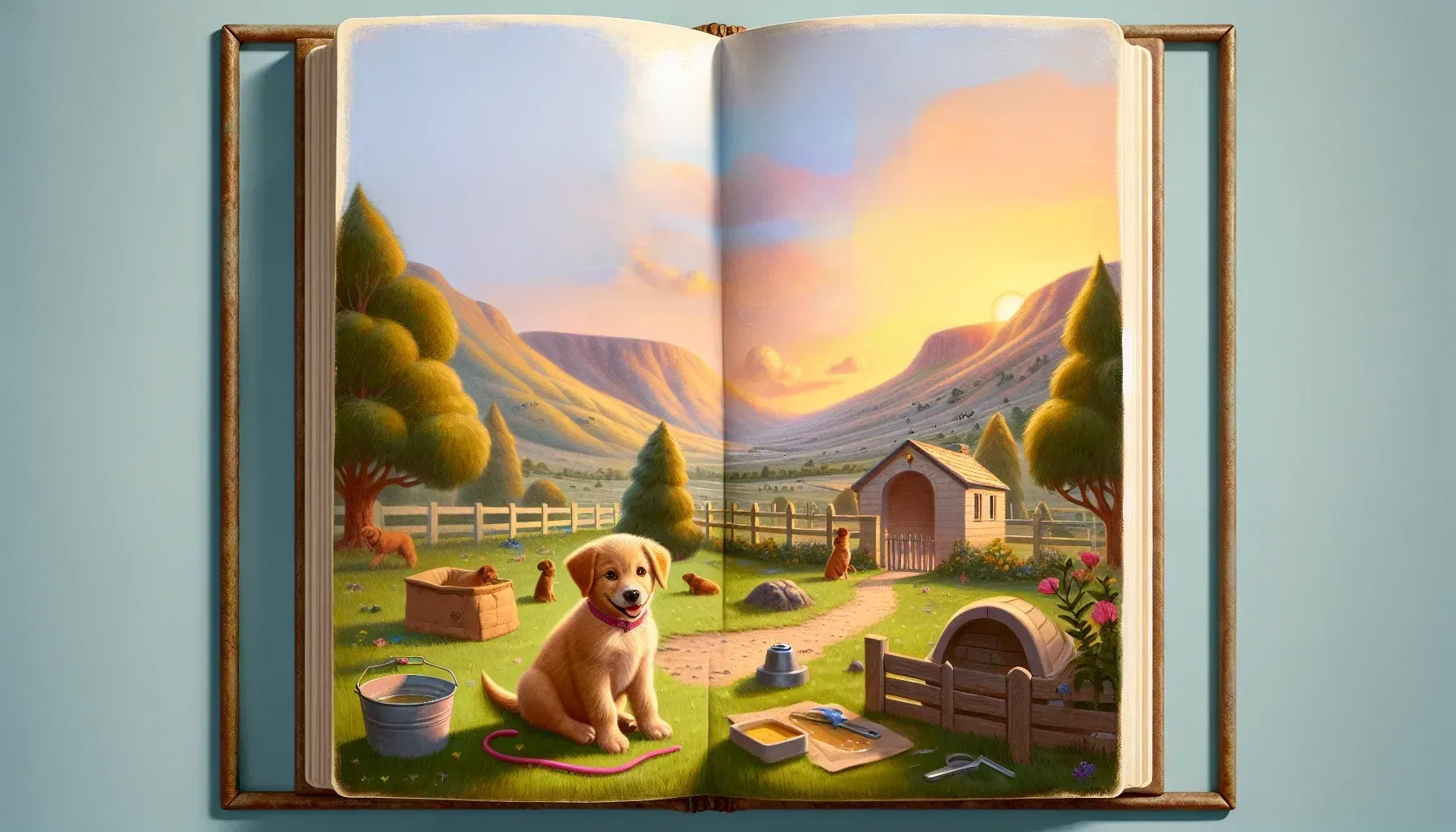
Consistency is key when it comes to toilet training your puppy. Establishing a regular potty schedule sets clear expectations and helps your puppy understand when it's appropriate to relieve themselves. Start by taking your puppy outside to their designated potty area first thing in the morning, after meals, after playtime, and before bedtime. By creating a predictable routine, you can reinforce positive potty habits and minimize accidents inside the house.
Plotting Progress: Establishing a Consistent Potty Schedule
Teaching your puppy specific cues for potty time can significantly aid in their training progress. Choose a command such as "go potty" or "do your business" and consistently use it when bringing your puppy to their elimination spot. Over time, they will associate the command with the action, making it easier to communicate your expectations. Additionally, offering praise or a small treat immediately after they finish their business reinforces the behavior and encourages future success.
Why consistency is key in potty training
Crates can be valuable tools in toilet training stubborn puppies. When utilized correctly, they provide a safe and secure environment for your puppy while helping to prevent indoor accidents. Select a crate that's large enough for your puppy to stand up, turn around, and lie down comfortably. Use positive reinforcement by placing treats or favorite toys inside the crate to create a positive association. Remember not to use the crate for extended periods; it should serve as a tool for supervision and guidance rather than confinement.
Related Article: Evolution of Canine Behavioral Therapy: A Conversation with Trainer-Entrepreneur Mia Rodriguez
Signal Success: Teaching Reliable Bathroom Cues
Identifying a consistent potty area outdoors is vital for reinforcing good habits in your puppy. Take them to the same spot each time they need to eliminate, as the scent of previous visits will encourage them to go there again. Avoid changing the location frequently, as it may confuse your puppy and hinder their progress. By consistently using the same potty place, you are helping them understand where it's appropriate to relieve themselves.
Choosing the right cues for your puppy
Accidents are an inevitable part of the toilet training process, especially with stubborn puppies. When accidents occur indoors, it's crucial to clean up thoroughly to eliminate any residual odors that might attract your puppy back to the same spot. Use enzymatic cleaners specifically designed to break down pet odors and discourage repeat soiling. Avoid using ammonia-based cleaners, as they can mimic the scent of urine and inadvertently encourage further accidents.
Crate Cravings: Using Crates as a Training Tool
Night-time toilet training can present unique challenges as puppies have limited bladder control during their early months. To minimize disruptions to both your sleep and your puppy's routine, limit water intake before bedtime and take them outside for one last potty break just before you retire for the night. Consider setting an alarm once or twice during the night initially, gradually increasing the intervals between breaks as your puppy's bladder control improves.
Benefits of crate training for toilet habits
It’s important to recognize that setbacks are normal during the toilet training process. Your puppy may have accidents even after showing initial progress, or they may take longer than expected to grasp the concept fully. It's crucial to remain patient and avoid expressing frustration or disappointment, as this could undermine their confidence and willingness to learn. Instead, focus on reinforcing positive behaviors and providing consistent guidance as they continue to learn and grow.
Related Article: Integrating Virtual Reality into Pet Training Programs
Sweet Spot Discovery: Finding Your Puppy’s Preferred Potty Place
By implementing these transformative toilet training techniques for stubborn puppies consistently and with patience, you can effectively navigate this challenging phase of pet care. Remember that every puppy is unique, so be adaptable in tailoring these strategies to suit your puppy's individual needs. With time, dedication, and understanding, you’ll witness significant progress as your puppy develops into a reliably house-trained companion.
Frequently Asked Questions
A consistent potty schedule is crucial for toilet training puppies as it sets clear expectations. By taking your puppy outside at regular intervals, such as after meals and playtime, they learn when it's appropriate to relieve themselves. This routine reinforces positive habits and helps minimize indoor accidents.
To teach your puppy reliable bathroom cues, choose a specific command like "go potty" and use it consistently when taking them to their designated area. Over time, your puppy will associate the command with the action. Reinforce this behavior with praise or treats immediately after they eliminate successfully.
When your puppy has an indoor accident, it's essential to clean the area thoroughly to eliminate odors that may attract them back. Use enzymatic cleaners designed for pet messes, as they break down odors effectively. Avoid ammonia-based cleaners since they can mimic urine scent and encourage repeat accidents.






